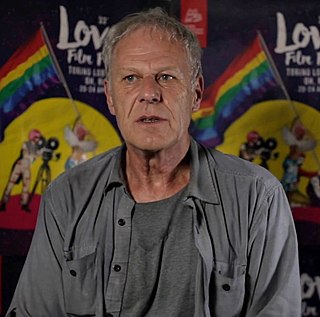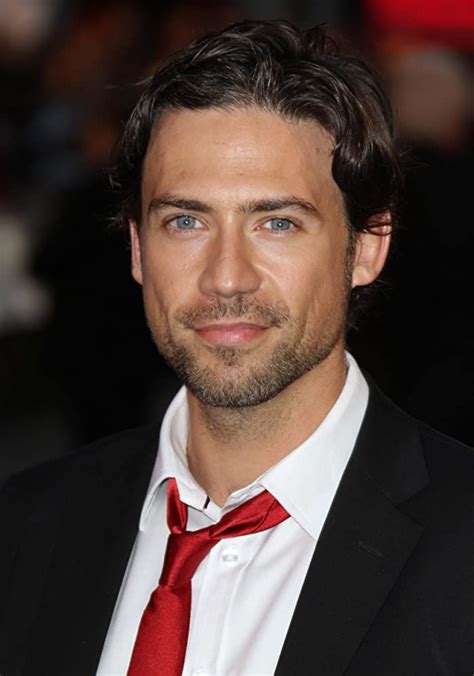A Quote by Jason Robert Brown
Comedy is drama. I think that if your characters are feeling something that is very real, then they have to respond in a way that feels real to them, and some situations, the only response you could possibly have is to respond in a way that's so extreme that people are going to laugh.
Related Quotes
If you create something that is asking for people to respond as they're going to respond, you have to allow them to respond as they're going to respond. Some of the people are going to be uninterested and some people are going to be mad for some reason, which is their business. That's just the way the world is.
Even when you think you can detach yourself from the characters, you don't. Because you're spending so much time trying to realize this person and make them real that they do infect you, in a way. And you do take them home and live with them, even if you think you're turning the character off. But in order to pull off a role convincingly, you wind up thinking about that person all the time, and it does sort of creep into you. And then there are things that you'll respond to, or react to in a very different way than you would normally.
As a writer, I haven't delved into dramatic writing. As an actor, I could always, even more so than comedy, do drama. When you do your comedy and your drama, your acting style doesn't change. If it's a comedy, the situations and the characters might be a little funnier, but you're just trying to be honest.
People have to respond to the characters and respond to the situations that they're in. That said, it still has to be a compelling narrative that drives along and keeps people coming back week after week. So really, with any successful show you could name, there has to be a mysterious blend of both of those.
I was feeling like I'd been born in the wrong place at the wrong time with the wrong people. I don't believe that anymore, not coincidentally two years after writing Eileen. I think that was the driving curiosity for me, thinking about real and fictional characters who could respond to that problem.
Even though kids may have planned for months for the trip to Disneyland, some may be feeling very homesick, very forlorn, or very marginalized by the group. Your capacity to perceive those kinds of situations and respond to them in a pastoral way is the stuff you are teaching. And even though the kids may appear to be ignoring you, they are very aware of what you are doing and how you are doing it. They are also very aware of what you are missing and not picking up on.



































